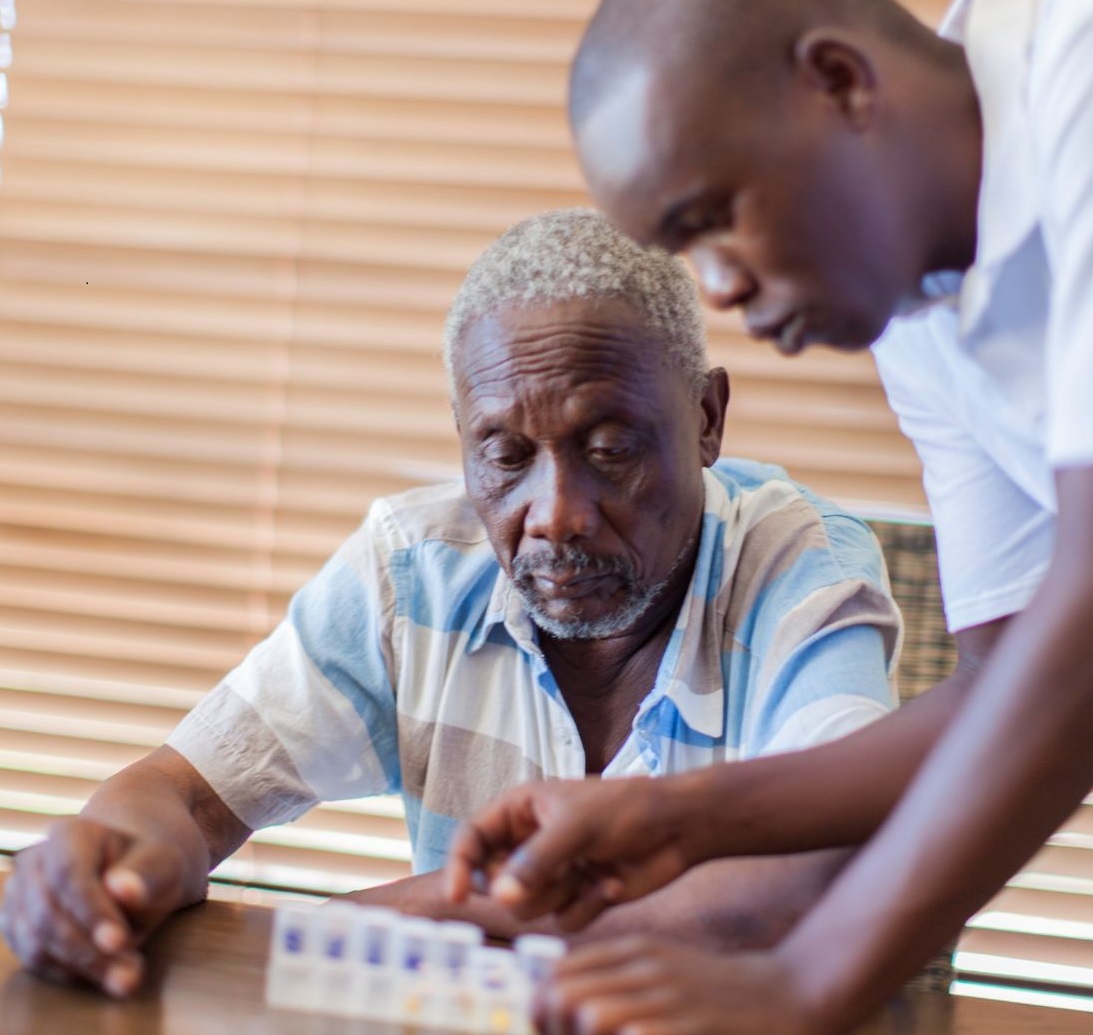Many people living in remote areas face challenges in accessing quality healthcare services and essential medical supplies. This can have serious consequences for their health and well-being, especially during emergencies or outbreaks of diseases. In this blog post, we will explore some of the healthcare initiatives that aim to reach remote areas with essential medical supplies and what role the local community plays in improving health.
One of the healthcare initiatives that has been gaining attention recently is the use of drones to deliver medical supplies to remote areas. Drones are unmanned aerial vehicles that can fly autonomously or be controlled remotely. They can carry various types of cargo, such as blood, vaccines, medicines, or diagnostic kits. Drones can overcome some of the challenges that conventional delivery methods face, such as poor road infrastructure, traffic congestion, or security risks. Drones can also reduce the delivery time and cost, and increase the availability and quality of medical supplies.
Another healthcare initiative that aims to reach remote areas with essential medical supplies is the use of mobile clinics. Mobile clinics are vehicles that are equipped with medical equipment and staff that can provide basic health services to remote communities. Mobile clinics can offer services such as primary care, maternal and child health, immunization, family planning, or disease prevention and treatment. Mobile clinics can also serve as a link between remote communities and the formal health system, by referring patients to higher levels of care when needed.
A third healthcare initiative that seeks to reach remote areas with essential medical supplies is the use of community health workers. Community health workers are members of the local community who are trained to provide basic health services and education to their peers. Community health workers can act as a bridge between the community and the health system, by identifying health needs, providing health information, distributing medical supplies, or facilitating referrals. Community health workers can also empower the community to take charge of their own health, by promoting healthy behaviors, encouraging participation, or advocating for their rights.
These are some of the healthcare initiatives that aim to reach remote areas with essential medical supplies and what role the local community plays in improving health. By using innovative technologies, mobilizing resources, and engaging the community, these initiatives can help improve the access and quality of healthcare services and essential medical supplies for remote populations.

